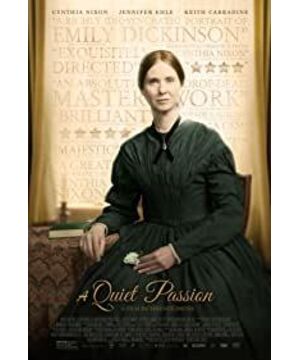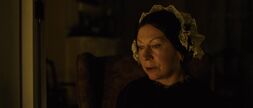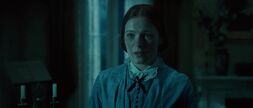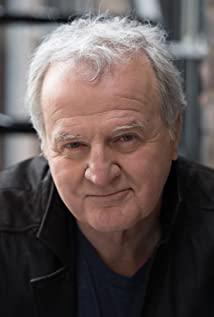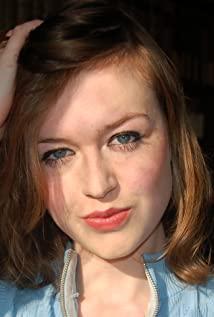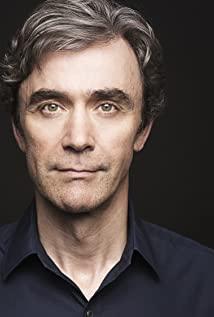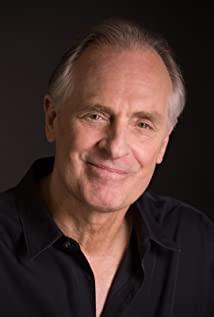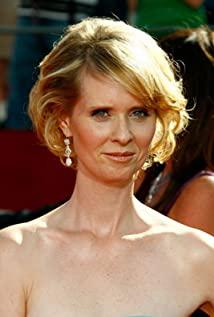However, for me now, this film is more of a feeling of getting better and better.
If at first they were just fighting for being out of place, then later they were more fighting against the so-called "worldly world", refusing to give in half a step, until the object of the struggle became the self who was described as withered and not at all beautiful. Being harsh on himself is half pretentious, half complacent, and in the end, he also turns himself into a thorn in his body, like a monster in the eyes of others.
Fortunately, in such a large room, there is another person who can see your heart clearly - she has the proudest face, the closest to the gods who have never looked at you.
Emily's "I Died for Beauty" and Waterland's "Life and Death" were long-term solace in my heart. In this society, I can also experience the difficulty of speaking out as a woman— - What's more terrifying is that it was there since childhood and never left. If I have been extreme, it is because I am still young, and if I finally choose to remain silent, it is because I finally learned to fight silently and submit humbly.
I can't do what Emily did, learn to build a boat in the void and give up everything I have in the silence.
But I also remember her saying that the night after three o'clock was the most peaceful, and her face when she said "tranquility" was as fiery and frantic as a torch.
Such tranquility, I wish it would be longer and quieter.
"Until the moss grows on our lips--
covers our names--"
View more about A Quiet Passion reviews


